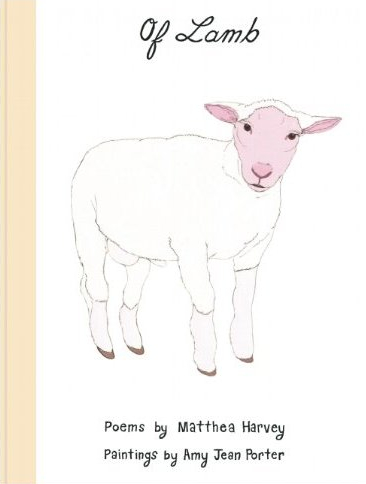Mayakovsky's Revolver: A Double-Take On Matthew Dickman’s Latest
In my experience, the Dickman brothers and their poetry are polarizing topics amongst creative writers. Most people really do either love or hate them. I’ll admit that I was in the latter camp, – I was suspicious of the Dickman public image, which is very Portland, cool and offbeat, and this prejudice ruined what individual pieces of theirs I read or heard read aloud – until, like a critic should, I gave their work a fair chance. When I actually read Matthew and Michaels’ poetry collections in full, I flipped.Flies won me over to Michael Dickman. Mayakovsky’s Revolver similarly convinced me of Matthew. The collection, which West 10th reviewed earlier this month, is full of surprising language and metaphor. My favorite example occurs in The Gas Station, when Matthew encounters a gunman: “this guy came out swinging / a gun, his face like an apartment / that no one had lived in for years, / the gun pointing just above my head when it went off, …”Due to its thematic content, Matthew’s collection may not be entirely accessible on the whole. Not every reader has been threatened with a firearm. Neither have most readers lost a sibling to suicide, a narrative that runs throughout Mayakovsky’s Revolver. Regardless of how foreign some of the collection’s content may be, most of its poems are believable and engaging.This is due to the fact that the emotion behind the language feels honest. Before Mayakovsky’s Revolver, I’d unfairly assumed that Dickman’s poetry relied more on gimmick than on art and was more striking for its cool, modern voice than for its sincerity. Mayakovsky’s Revolver, for the most part, proves both assumptions wrong. The collection is consistently both artful and passionate.Only one piece, entitled Dark, made me think that perhaps my original misgivings about Dickman’s poetry, which are doubts that a lot of haters share, carried some weight. Dark occurs in Mayakovsky’s Revolver’s second section, Elegy to a Goldfish. In general, I am less enamored of this section than of the rest of the book. But, I have a definite issue with the piece Dark.Dark includes bits of different stories – a line about an abused boy, a line about a self-abusive girl – in an arc that focuses mainly on Dickman himself. Neither the story of the abused boy nor of the self-abusive girl is developed; neither the boy nor the girl is even named. These two characters feel inauthentic, like archetypes of other people that appear in the collection; the inclusion of their stories feels gratuitous. In Mayakovsky’s Revolver, Dark presents a disappointment. It lacks cohesiveness and, I think, the emotional urgency that makes the rest of the collection so compelling.--Lauren Roberts, Managing Editor



